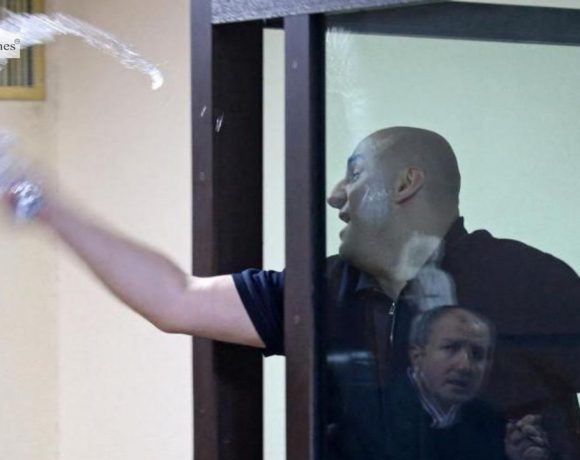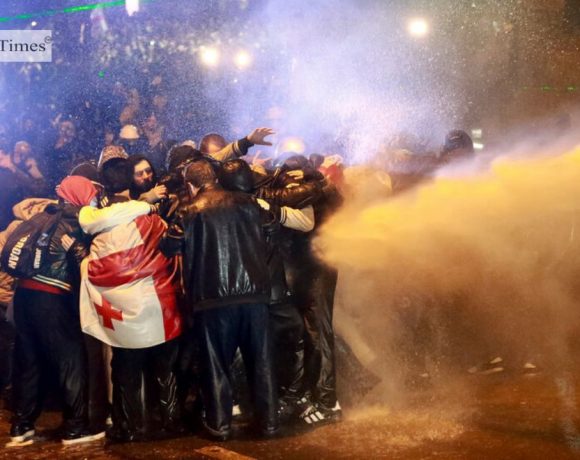
Georgian opposition leader Nika Melia has received an additional 1.5-year prison sentence after a Tbilisi court found him guilty of contempt for splashing water at a judge during a hearing in May. Melia, already serving an eight-month term for refusing to appear before a parliamentary inquiry, was seen in courtroom footage throwing water from a plastic bottle toward the judge. He has been held since May along with other opposition figures who boycotted the inquiry into alleged offences linked to ex-President Mikheil Saakashvili.
Georgia’s political climate has increasingly drawn criticism, with opponents accusing the ruling Georgian Dream (GD) party of authoritarian drift since the war in Ukraine began. GD has cracked down on critics and signalled plans to petition the Constitutional Court to ban three major opposition parties—including Melia’s Ahali-Coalition for Change—on claims they threaten the nation’s constitutional order.
Melia now faces several new charges, including sabotage and plotting to topple the government, allegations his party calls politically motivated. Relations with the European Union have also deteriorated, with Brussels warning that Georgia is no longer on track for membership due to concerns over democratic backsliding. Despite freezing EU accession talks, the government insists it still supports joining the bloc while maintaining “traditional Orthodox values.”
Pic Courtesy: google/ images are subject to copyright


